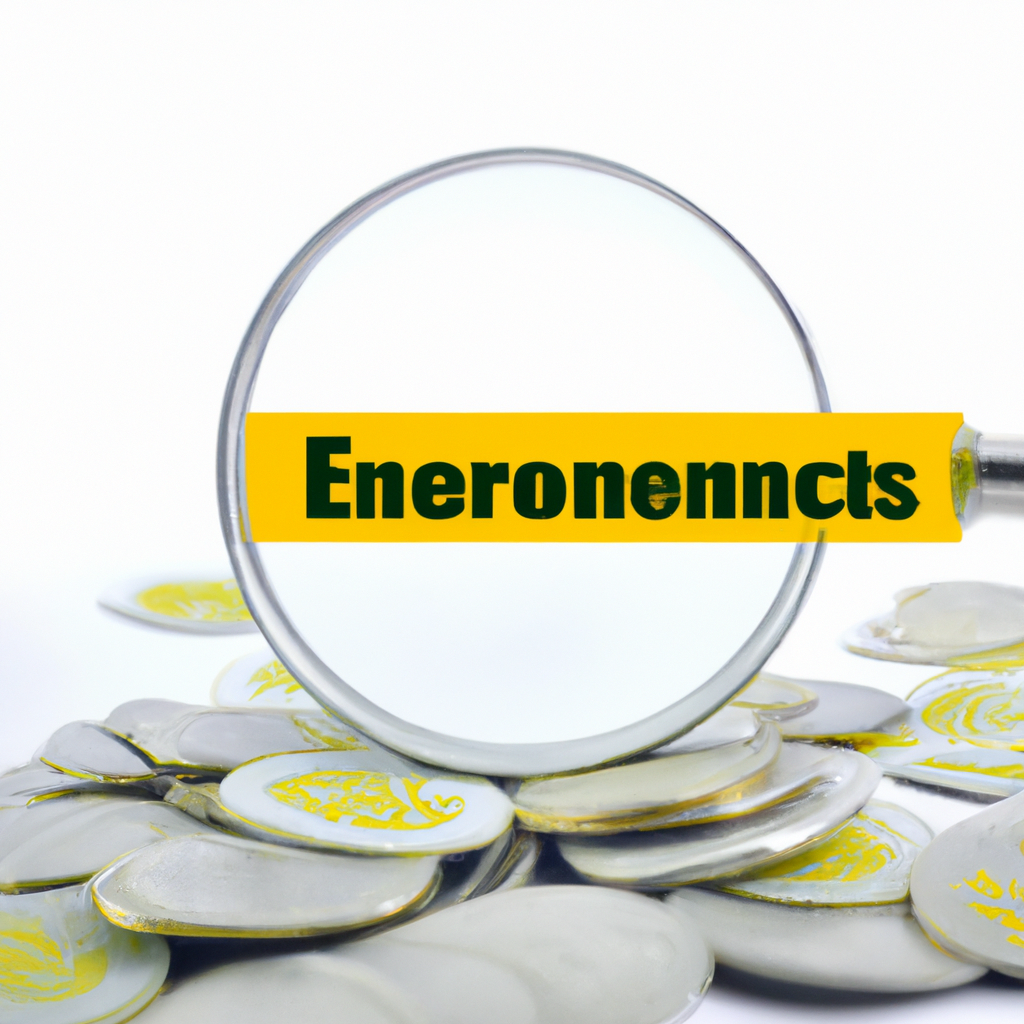Environmental Finance Updates: Investing in a Sustainable Future
Introduction
As the world grapples with the urgent need to address environmental challenges, a growing focus on environmental finance has emerged. Environmental finance refers to the allocation of financial resources towards projects and initiatives that promote sustainability, conservation, and the transition to a low-carbon economy. In this article, we will explore some of the latest updates in the field of environmental finance and how they are shaping the future of sustainable investing.
1. Green Bonds: Driving Sustainable Investments
Green bonds have gained significant traction in recent years as a powerful tool for financing environmentally friendly projects. These bonds are specifically issued to fund projects with positive environmental impacts, such as renewable energy development, energy efficiency improvements, or sustainable infrastructure. The market for green bonds has experienced remarkable growth, with issuance volumes reaching record highs. Governments, corporations, and even municipalities are increasingly turning to green bonds to attract investments for their sustainable initiatives.
2. Environmental, Social, and Governance (ESG) Investing
ESG investing has gained considerable prominence as investors increasingly recognize the importance of integrating environmental, social, and governance factors into their decision-making processes. ESG investing involves assessing a company’s performance in areas such as carbon emissions, labor practices, board diversity, and community engagement. Investors are now demanding greater transparency and accountability from companies, encouraging them to adopt sustainable practices. This shift has led to the development of ESG-focused investment funds and indices, providing investors with opportunities to align their financial goals with their environmental and social values.
3. Impact Investing: Making a Difference
Impact investing goes beyond traditional ESG investing by actively seeking investments that generate measurable positive social and environmental impacts alongside financial returns. This approach aims to address pressing global challenges, such as climate change, poverty, and inequality. Impact investors actively support businesses and projects that contribute to sustainable development goals, creating a positive ripple effect in communities and ecosystems. As impact investing gains momentum, more financial institutions and philanthropic organizations are dedicating resources to this sector, amplifying its potential for driving positive change.
4. Sustainable Finance Regulations
Regulatory frameworks are increasingly being established to promote sustainable finance and ensure transparency in environmental investments. Governments and regulatory bodies worldwide are introducing guidelines and standards to encourage financial institutions to consider environmental risks and opportunities in their decision-making processes. For instance, the European Union’s Sustainable Finance Disclosure Regulation (SFDR) requires financial market participants to disclose the sustainability aspects of their investments. These regulations not only provide investors with valuable information but also incentivize financial institutions to prioritize sustainability in their operations.
Conclusion
Environmental finance is rapidly evolving, driven by the urgent need to address environmental challenges and transition towards a more sustainable future. The rise of green bonds, ESG investing, impact investing, and sustainable finance regulations are all contributing to the growth and mainstream acceptance of environmental finance. As individuals, institutions, and governments increasingly recognize the importance of aligning financial goals with environmental and social values, the field of environmental finance will continue to play a crucial role in shaping a sustainable and resilient world.

